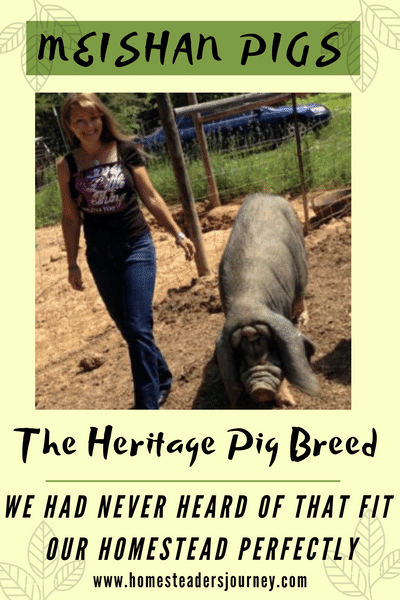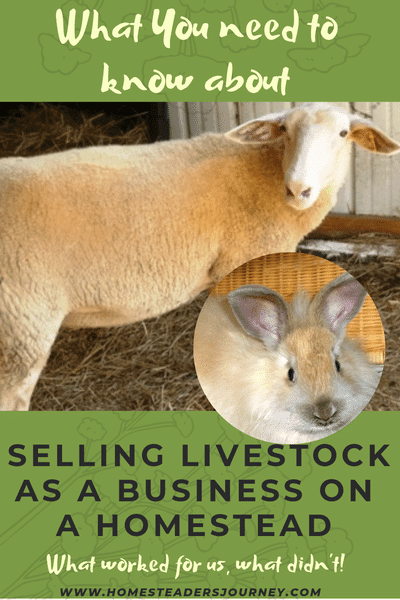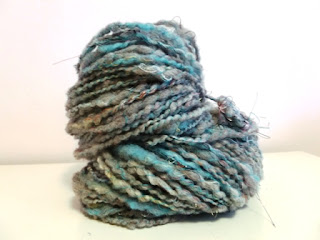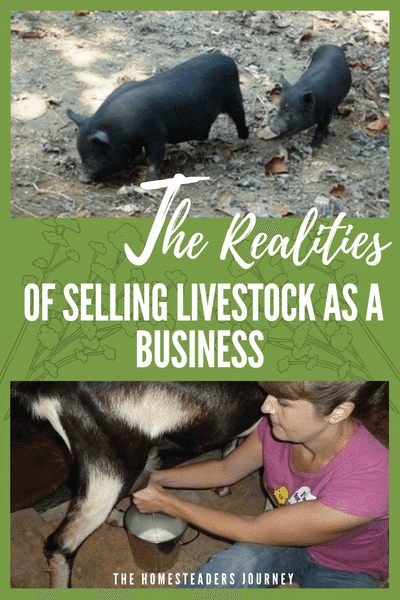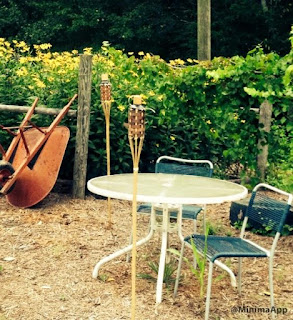The journey to finding the right livestock for our small farm has been a struggle. We never would have imagined a heritage breed pig we had never heard of would become such a big part of our homestead. But it changed everything!
Dare I say, the Meishan was a game changer!
As we enter our 4th year with these amazing (game-changing!) pigs its nice to look back at how it all came about.
 |
| With our AGH Boar |
Heritage Pig Breed: American Guinea Hog Years
Pigs......Who would have figured? When we started this journey nine years ago I don't think that pigs were a major component in my wife's "master plan" (and this whole thing was her idea). I know the idea of being a hog breeder wasn't in my consciousness at the time. Flash forward to today and the homestead hog has become a pivotal part of our subsistence homestead model. Notice I said homestead hog. Not the highly muscled standard commercial breeds that fill the aisles at Kroger or even Whole Foods. Not that chicken eating, fence destroying, don't turn your back on, mega swine. These pigs aren't even your "new white meat", close to fat-free stuff most of us visualize when someone says pork chop. No for us the homestead hog is above all a red meat lard style carcass hog. It is a hog that's a good barnyard citizen that uses our land not abuses our land. For us to achieve the goal of raising, growing, gathering or hunting the highest percentage of our food possible (which has been as high as 95%) that success depends in many ways on our pigs and the fats they provide us.
To that end, we had chosen the American Guinea Hog exclusively for those first four years of homesteading as the backbone fat and meat supplier in our model. And it was working well. You see our subsistence model was based on feeding us first. Cost offset or even positive cash flow have been subservient to the subsistence goal. Oh, I know everyone tells you how their little homestead is going to grow all their food, make lots of money so they can quit their job, and be the Norman Rockwell nirvana they imagine. Yes, we talked like that too. Until reality set in after a few years of actually living it. Feed yourself or have a profitable farm business quickly became the choice forced by both available time and resources. So we choose to reach the goal of feed ourselves first. Phase one was complete.
Now phase two.
How do we take certain components of what we do and make them profitable? Because while we have driven cash flow off of our farm we are just offsetting costs not covering them. Oh and if you are reading this and you are in that Norman Rockwell phase let me give you some advice. Don't quit your day job.
So how do we take something we do and not lose its value to us while increasing its value to the bottom line?
Once again the pig is where we turned. Specifically one of the oldest domesticated breeds of the hog in the world. Despite hours of research on pig breeds, this was the heritage pig breed we had never heard of!
The Meishan Pig
Meishan Pigs at The USDA research center in NebraskaThe Meishan pig was once the focus of an intensive study by the USDA, Iowa State and The University of Illinois beginning in 1989. This study spanned over a decade. You see the Meishan pig is a Chinese hog breed that has been selectively bred to produce high levels of succulent fat for thousands of years. They are also unique in that they are a "hyper-productive".While most heritage hog breed have litters of 4-8 piglets and Commercial breeds target 10-13 Meishan routinely have 15-18 piglets. One Meishan in the USDA study had 28 piglets in one litter. They also enter puberty in 90-120 days as opposed to the 6-10 months of many breeds. It took years of negotiations and literally millions of dollars to bring 33 Meishan sows and some Meishan (among other) boars to the US. The pigs proved that their hyper-productivity could increase the productivity of other breeds. The problem was that Meishan is a lard carcass and the crosses had increased levels of fat. Remember in the 90's the USDA (the same people who told us Crisco was good for us) were trying to create the super lean rooting machines we have today. The poor Meishan was deemed to have outlived its research value at one of the research facilities and around 2008-2010 the Iowa State herd was dispersed.
The Iowa State herd was scattered, some were completely lost, some watered down by other breeds. In fact, the lard carcass genetics of many breeds (AGH, Old Line Berkshire, Large Black etc) also fell into disfavor and entire breeds were almost lost. The drawing below is a representation of what Berkshire hogs USED to look like.
The remaining herds at the University of Illinois and at the USDA Meat Animal research center remained sequestered from the average farmer until the spring of 2016 when we acquired the last of those herds.
The Return of Flavor and True Healthy Fats
Today everyone from the foodies to health awareness groups to the Paleo way of eating are the driving the resurrection of pasture-raised fat. Restaurants who want to create tasty exclusive charcuteries cry for fattier red meat pork in a world of dry white wallboard that the USDA grading systems of pork have given us. Check out this article from Weston Price about traditional fats
Those few surviving red meat lard breeds like AGH are poorly suited to American butcher cuts. Plus the slow growth and small liters make them poorly suited to many smallholder economic models for sale. If there was only a heritage pig breed that had large litters, a decent grow out rate and still give higher levels of healthy sweet and delicious fat. Being docile and having a low impact on the land was also on the list. I can't have an animal on my farm that I fear and busts through fences like so many pig breeds do.
We are happy to have found that the Meishan IS that heritage pig breed!
It took a long time to research, locate, negotiate and obtain our first certified pure Meishan stock traceable directly to the original USDA herd. On December 10th, 2015 our boar "Mr Wu" and 2 unrelated gilts "Chiyo" and "Pumpkin" joined the family here.
"Mr. Wu"
Future of Small Farm Pork Producers
Now if you had told me six years ago that I would make the effort, and the investment to obtain pig genetics I might have laughed you out of the room. Alas, homestead planning rarely follows the original homesteading path. The preservation of Meishan Genetics(which are irreplaceable in the US) calls to me. Yes, I had a vision but mostly I have a gut feeling that these pigs are too important to be lost. And no I don't run a museum I run a farm. At the end of this journey, I hope and I am gambling on the idea that these pigs can play an important part in the small farm movement efforts to help people in producing their own food and be profitable if they wish to also run a small farm business. These pigs can also improve many different breeds as F1 crosses that can benefit the smallholder.The Meishan pig has been recognized and listed as Critically Endangered by the Livestock Conservancy and you can read what they have to say about them to as they join the efforts to save the genetics Livestock Conservancy on Meishan Pigs
To avoid inbreeding depression and so breeders can make informed decisions the AMBA has been established and is helping breeders and producers across the country learn about Meishan pigs. You can read more about their efforts here A.M.B.A.
The Meishans even have their our Wikipedia info page now! Wikipedia: The Meishan Pig
Saving Heritage Pig Genetics: Meishans
and Heritage Pig Breed: Meishan
If you would like to be on our Meishan Tales Email list to keep up with litter announcements and information on growing and caring for Meishans you can sign up on this page over at our other site
Meishan Tales Email List
One of the original gilts from the Iowa lines.
Want More? Check out Meishans on Video!
Be sure to subscribe so you never miss a video!
